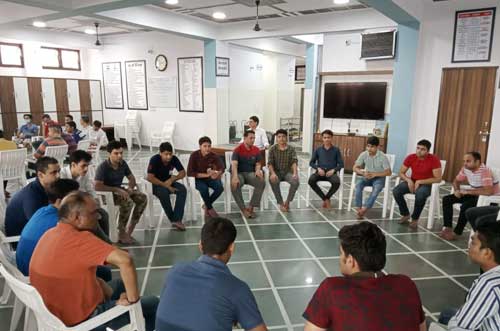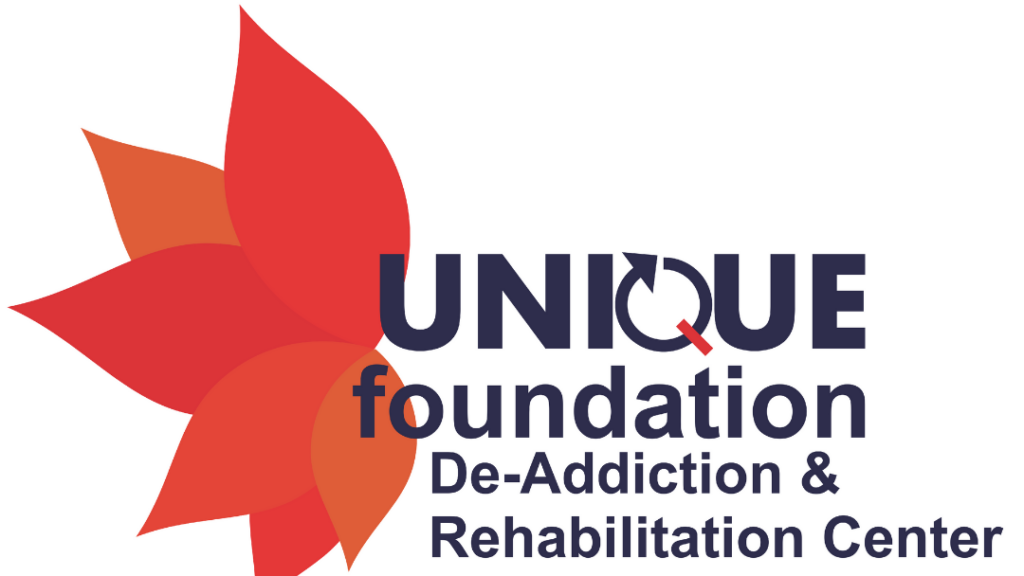Programm

- Assessment and Evaluation: Upon admission, individuals are assessed to determine the severity of their addiction, their physical health, mental health, and other factors that might affect their treatment plan.
- Detoxification: In cases of severe addiction, a medically supervised detoxification process may be necessary to safely manage withdrawal symptoms. This phase helps rid the body of the substance while managing potential physical and psychological effects of withdrawal.
3.Therapeutic Interventions: Various forms of therapy are employed to address the psychological and behavioral aspects of addiction. These may include:
- Individual Therapy: One-on-one counseling sessions to address personal issues, triggers, and coping mechanisms.
- Group Therapy: Sessions where individuals share experiences, support each other, and learn from one another’s challenges.
- Behavioral Therapy: Approaches like Cognitive Behavioral Therapy (CBT), Dialectical Behavior Therapy (DBT), or Motivational Interviewing to change patterns of thinking and behavior related to substance use.
- Family Therapy: Involving family members to improve communication, address family dynamics, and create a supportive environment for recovery.
4.Medication-Assisted Treatment (MAT): In some cases, medications may be prescribed to help manage cravings, reduce withdrawal symptoms, or treat underlying mental health issues linked with addiction.
5.Education and Skill-Building: Providing education on addiction, relapse prevention strategies, coping skills, and life skills training to help individuals develop healthier habits and lifestyles.
6.Aftercare Planning: Planning for ongoing support after the completion of the program, which may include outpatient therapy, support groups (such as Alcoholics Anonymous or Narcotics Anonymous), continued counseling, or other community-based resources.
7.Holistic Approaches: Some centers integrate holistic practices like yoga, meditation, art therapy, or mindfulness exercises to complement traditional therapies and promote overall well-being.
8.Support Networks: Creating a supportive environment where individuals feel understood, accepted, and motivated to continue their recovery journey. This might involve peer support groups, mentorship programs, or involvement in community activities.
De-Addiction Centers typically tailor their programs to suit individual needs, as different people might require different approaches based on the substance they’re addicted to, the severity of addiction, co-occurring disorders, and personal circumstances. The primary goal is to support individuals in achieving and maintaining long-term sobriety and a healthier lifestyle.

